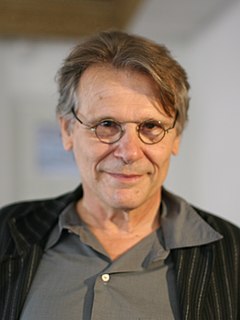A Quote by Michael Shermer
In comparison, Google is brilliant because it uses an algorithm that ranks Web pages by the number of links to them, with those links themselves valued by the number of links to their page of origin.
Related Quotes
In spite of my own reservations about Bing's ability to convert Google users, I have to admit that the search engine does offer a genuine alternative to Google-style browsing, a more coherently organized selection of links, and a more advertiser-friendly environment through which to sell space and links.
The grounds on which golf is played are called links, being the barren sandy soil from which the sea has retired in recent geological times. In their natural state links are covered with long, rank bent grass and gorse. Links are too barren for cultivation: but sheep, rabbits, geese and professionals pick up a precarious livelihood on them.
Membership in the European Community, now the European Union, has enabled Ireland to re-find its sense of participation - cultural, political, social - at the European level. I think that also opens up possibilities for Ireland as a European country to look outward - to look particularly, for example, at countries to which a lot of Irish people emigrated, to our links - our human links - with the United States, with Canada, with Australia, with New Zealand. And to look also, because of our history, at our links to the developing countries.
The most extraordinary thing about trying to piece together the missing links in the evolutionary story is that when you do find a missing link and put it in the story, you suddenly need all these other missing links to connect to the new discovery. The gaps and questions actually increase - it's extraordinary.
We human beings build houses because we're alive but we write books because we're mortal. We live in groups because we're sociable but we read because we know we're alone. Reading offers a kind of companionship that takes no one's place but that no one can replace either. It offers no definitive explanation of our destiny but links us inextricably to life. Its tiny secret links remind us of how paradoxically happy we are to be alive while illuminating how tragically absurd life is.






































